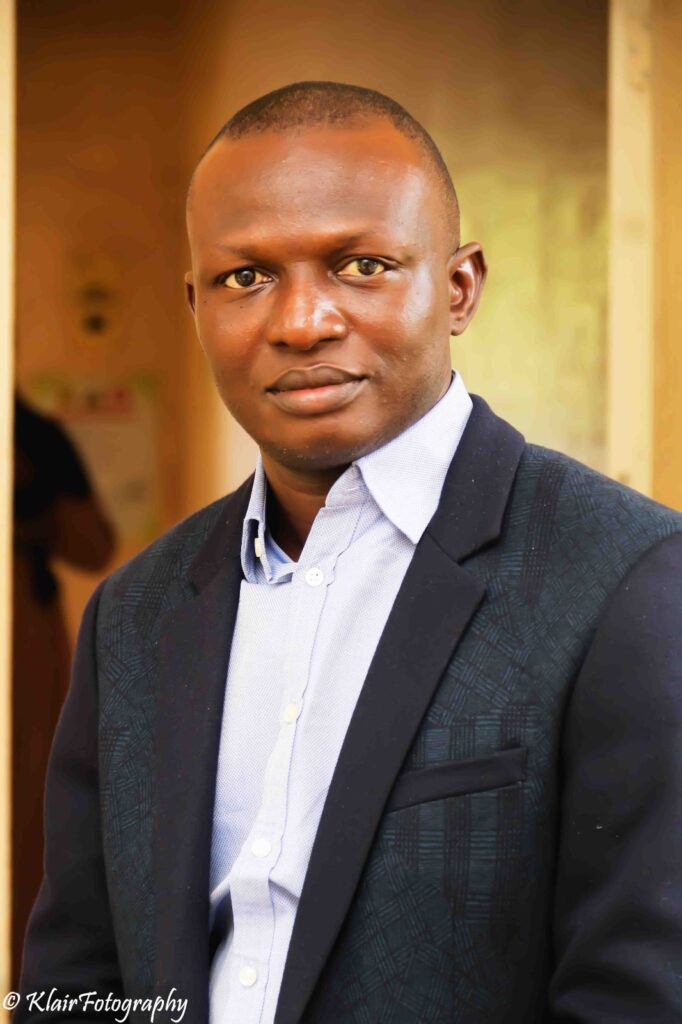The Nigerian Association of Resident Doctors (NARD) has raised fresh concerns over the growing exodus of medical professionals, warning that the trend will worsen unless urgent measures are taken to improve welfare and infrastructure in the country’s health sector.
Speaking at a press conference in Calabar at the end of the association’s National Executive Council (NEC) meeting, NARD President, Dr. Tope Osundara, called on the federal and state governments to provide competitive incentives to discourage doctors from leaving the country in droves.
The NEC meeting, which ran from July 21 to 26, was hosted by the University of Calabar Teaching Hospital (UCTH). As part of the programme, delegates paid courtesy visits to Cross River State Governor Bassey Otu, the Obong of Calabar, and an orphanage within the city.
Dr. Osundara expressed deep concern over what he described as the government’s persistent failure to prioritise the welfare of healthcare workers.
He noted that without deliberate and strategic efforts to make Nigeria’s medical environment attractive, the mass departure of skilled doctors—popularly referred to as the “Japa” syndrome—would persist.
“This is a wake-up call to all levels of government,” he said. “If incentives remain inadequate, uncompetitive, and unattractive, the emigration of doctors from Nigeria will not stop.”
Citing the Health Workforce Policy of Nigeria published by the Coordinating Minister of Health, Dr. Mohammad Pate, Osundara stressed that improving health worker incentives was critical to the future of the nation’s healthcare system.
He also decried the deplorable state of medical infrastructure across the country, pointing out that many health facilities remain in disrepair and lack essential equipment.
“Nigeria is yet to meet the 15 percent budgetary allocation for health as agreed in the Abuja Declaration of 2001. Today, we are still operating below six percent,” he said.
The NARD president further urged political officeholders to lead by example by seeking medical care within the country.
According to him, the continued reliance of public officials on foreign hospitals for routine care is a major setback to efforts aimed at rebuilding citizens’ trust in local health institutions.
“Medical tourism drains our economy and sends the wrong message to the public about the quality of care available locally,” he added.
NARD’s NEC meeting comes amid growing anxiety over Nigeria’s fragile health system, which has been plagued by strikes, poor funding, and a shortage of qualified personnel.
Dr. Osundara reaffirmed the association’s commitment to constructive dialogue and reform but maintained that without urgent intervention, the country risks a deeper crisis in its health sector.
Do you want to share a story with us? Do you want to advertise with us? Do you need publicity for a product, service, or event? Contact us on WhatsApp +2348183319097 Email: platformtimes@gmail.com
We are committed to impactful investigative journalism for human interest and social justice. Your donation will help us tell more stories. Kindly donate any amount HERE




